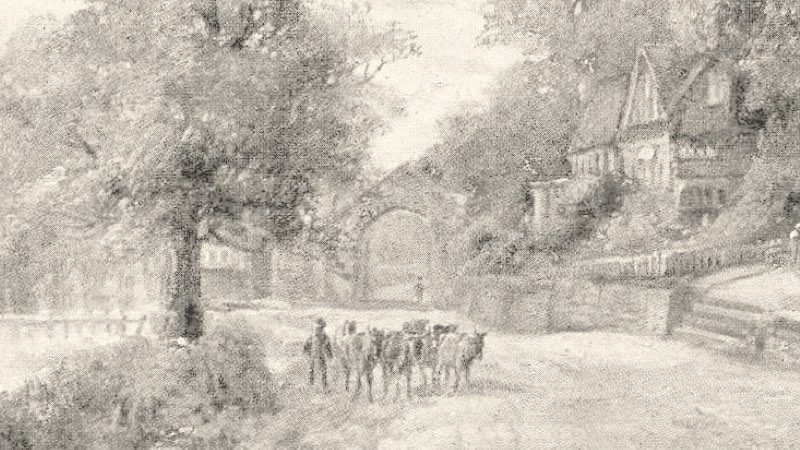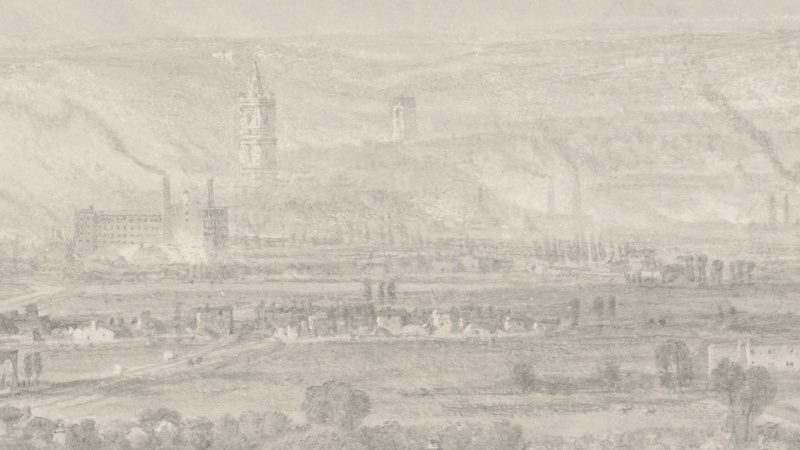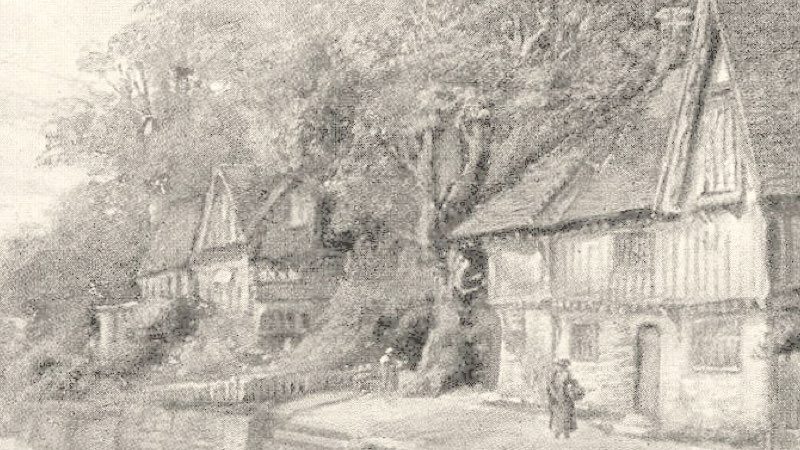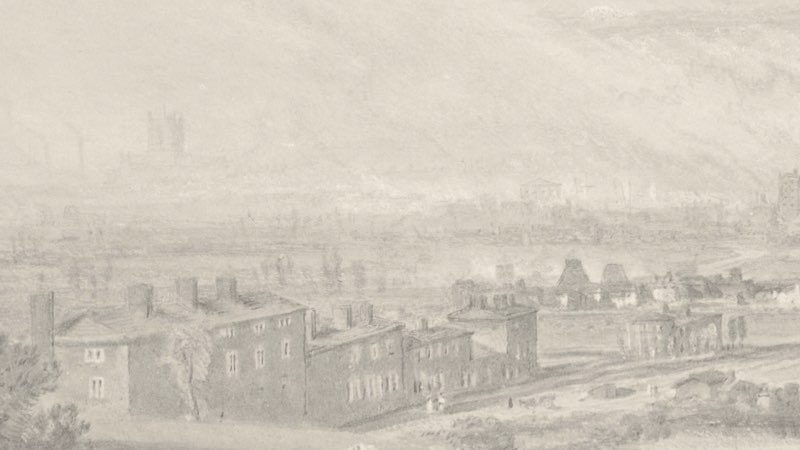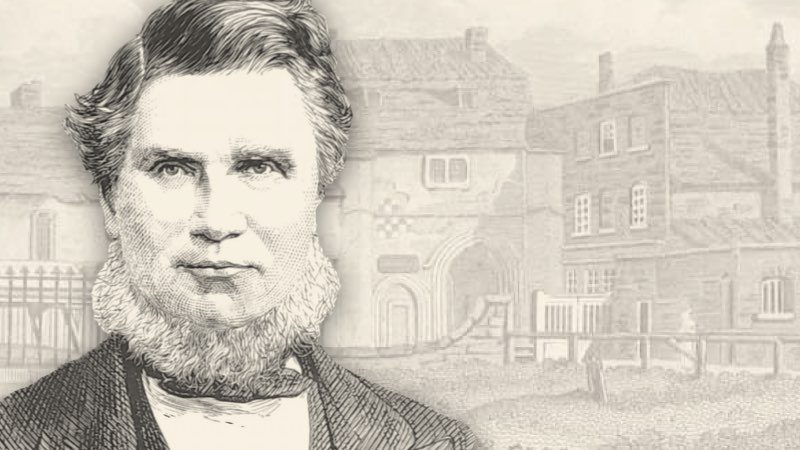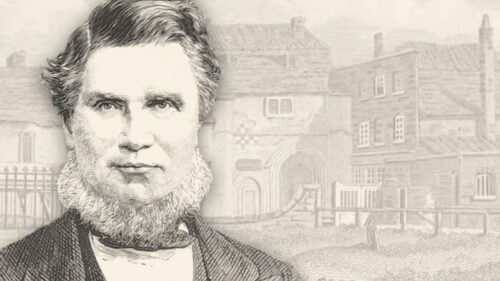-
The Life And Ministry Of Henry Watmuff
I believe many friends would like to see a little account of that dear man of God, the late Mr. Watmuff in the "Gospel Standard." I have heard that it was thirty-five years since the Lord called him by his grace, and ever since then he has made him an example for the family of God to walk by, for he has taken up his cross daily to follow the Lord through evil report and good report. He has often denied himself common necessaries, as the friends that knew him will bear testimony, that he might give to the poor family of God. He used to go from house to house to visit the sick and the poor, and not say unto them, "Be ye…
-
The Life And Ministry Of George Warner
We believe he was called by grace when a young man, and attended the ministry of a Mr. Seymour, who was at that time pastor of the church at Grittleton, as we have heard him speak of Mr. Seymour's ministry being blessed to his soul, and know he was deeply attached to him. Mr. S. baptized him; and after Mr. S. left Grittleton, he would travel many miles to hear him preach, both at Chippenham and Bradford, we not having the truth preached at Grittleton to his satisfaction: but when the Lord turned our captivity, and we had it preached amongst us again, he returned, and filled his place in the little church. Up to the time of his death, it may truly be said…
-
The Life And Ministry Of William Collins
On Nov. 22nd, 1860, at Maldon, Essex, fell asleep in Jesus, William Collins, 53 years a minister of the gospel, and in the 91st year of his age. The following letter, written to a friend about two years ago, will supply a few particulars of the work of grace on his heart, and the subsequent acts of sovereign mercy, love, and kindness to him. “Respected Friend in Christ, our great Lord God and everlasting All,—The above salutation is inferred from your testimony many years ago, 'He that hath delivered doth deliver, in whom we trust that he will yet deliver us.' "It is now close upon 89 years since the Lord saw fit that such a worm should be born into the world, to show…
-
The Life And Testimony Of Edmund Whitaker
It is, we believe, about 40 years since he was called by divine grace. For about two years he wandered about from place to place in search of comfort to his sin-burdened soul; but no comfort could he find. At last he heard of Mr. Gadsby being engaged to preach at Rochdale, and felt a resolve to give him a hearing. Mr. Gadsby took for his text: "But put ye on the Lord Jesus Christ." The text, as also some of Mr. Gadsby's remarks upon it, he never forgot to the day of his death. After Mr. Gadsby had taken his text, he looked round on his congregation, and said, "There is a great deal to be put off before Christ can be put on;"…
-
The Life And Death Of William Crowther
So said one of the ancients in his counsel, not to do anything, to choose anything, to write anything, with any other motive than to glorify our God and Saviour Jesus Christ. Oh, what a difficult virtue is this when it cometh to the practice, to pass by, and neglect all glistening lures of the flesh and in the creature, and to know no man for any such carnal comparison, but, as he is seen and known as a new creature in Christ. When a man is seen and known to be in Christ, and as having Christ formed in his whole new and inner man as his only hope of glory, and as the only springing motive of his life, to magnify and to…
-
The Life And Testimony Of William Crowther
A few Lord's-days since, Mr. William Crowther, of Gomersal, Leeds, preached to his beloved flock at Lockwood the forty-third anniversary sermon, commemorative of his being brought, by the grace of God, into the fellowship of the Gospel, and into a happy association with the Church of Christ upon earth. Not simply in communion with any of those modern and fashionable Churches, where the doctrines and ordinances given to us by Christ and His apostles are increasingly slighted; not merely as a silent and almost useless member, but, Mr. William Crowther was, by the Spirit of God, constrained to unite himself with that section of the family of God who most unflinchingly adhere to those New Testament laws and ordinances which distinguish the Strict and Particular…

